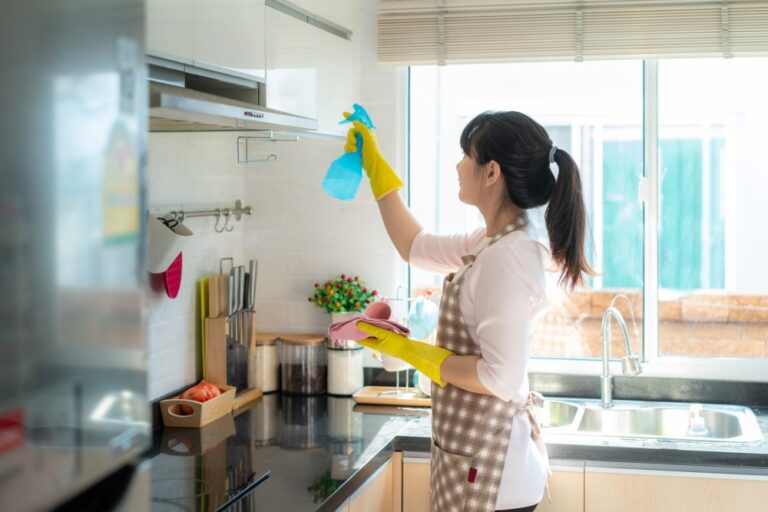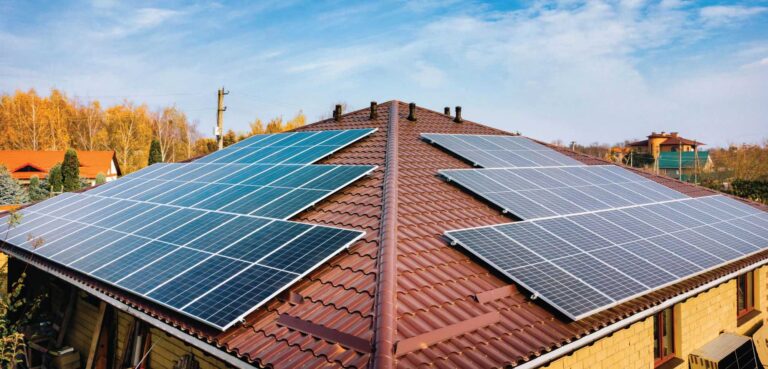
When renting a storage unit, it’s tempting to see it as a catch-all solution for anything you can’t fit at home or in the office. However, storage facilities follow strict safety regulations, both to protect your belongings and to safeguard other renters and staff. Knowing what can’t go inside your unit is just as important as deciding what to store. Here’s a comprehensive checklist to guide you through what’s off-limits and why.
Flammable and Hazardous Materials
Items that are combustible or pose a fire hazard are strictly prohibited. Gasoline, propane tanks, fireworks, paint thinners, and kerosene fall into this category. Even small amounts of these substances can spark a fire under the right conditions. Fertilizers, cleaning solvents, and industrial chemicals also fall under the same rule. If you need to keep fuel or chemicals, consider specialized hazardous material storage instead of your standard unit.
Perishable Foods and Plants
It might seem convenient to store canned goods, pet food, or even extra supplies of snacks in a unit, but perishable items attract pests and can quickly spoil. The same goes for live plants. Both lead to infestations, unpleasant odors, and damage to other stored belongings. For safety and sanitation, always keep food and living things out of your storage space.
Weapons and Ammunition
Firearms, ammunition, and explosives are not permitted in storage units. Besides being a major safety concern, the storage of weapons without proper licenses can violate local and federal laws. If you need safe storage for firearms, a licensed gun safe provider or specialized facility is the right choice.
Illegal or Stolen Items
This one may seem obvious, but it’s worth stating: stolen goods, counterfeit items, and anything obtained unlawfully cannot be placed in a storage unit. Facilities are bound by law to report suspicious activity, and storing such items could result in criminal charges. Always use storage responsibly and legally.
Unregistered or Inoperable Vehicles
Most storage facilities allow cars, motorcycles, or boats as long as they’re registered, insured, and in working condition. What you can’t store are vehicles that don’t meet these requirements—like an unregistered car or one leaking fluids. Abandoned or derelict vehicles pose environmental and safety risks, and facilities won’t permit them.
Cash, Valuables, and Irreplaceable Documents
While not always illegal, keeping large sums of cash, fine jewelry, or critical legal documents in a storage unit is strongly discouraged. Even with strong locks and cameras, a storage unit is not a bank or safe deposit box. For these high-value items, use a bank or a secure home safe.
Medical and Biological Materials
Human tissue samples, prescription drugs, and medical supplies often have strict regulations for storage and disposal. Placing them in a unit not only violates facility rules but may also be a public health concern. The same applies to blood, plasma, or lab specimens, which can carry significant risks.
Why These Rules Exist
Storage facilities enforce these restrictions for three main reasons: safety, compliance with laws, and customer protection. By banning hazardous, illegal, or unstable items, they reduce the chance of fire, theft, contamination, and legal complications. For renters, it ensures peace of mind knowing their belongings are stored in a safe, regulated environment.
A Reliable Local Option
If you’re looking for a safe place to store your belongings, it’s worth choosing a facility that makes security and compliance a priority. McDowell Mountain Community Storage – A Scottsdale Storage Facility is an example of a local provider that not only offers clean and secure units but also enforces clear rules about prohibited items. These safeguards protect both you and your possessions, giving you confidence in your storage choice.
Final Thoughts
When you go to store your things, you should always read the facility’s rental agreement and list of things that aren’t allowed. If you’re not sure what to do, ask the staff. If you follow the safe and legal guidelines, your things will stay safe, and your rental experience will be easy. When you follow these rules, you not only protect yourself but also the other renters in your building.







